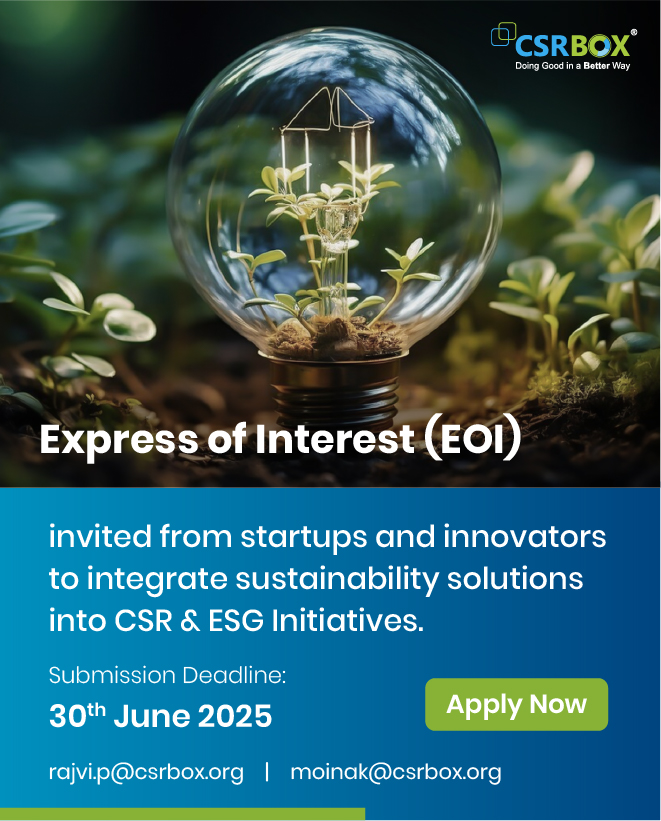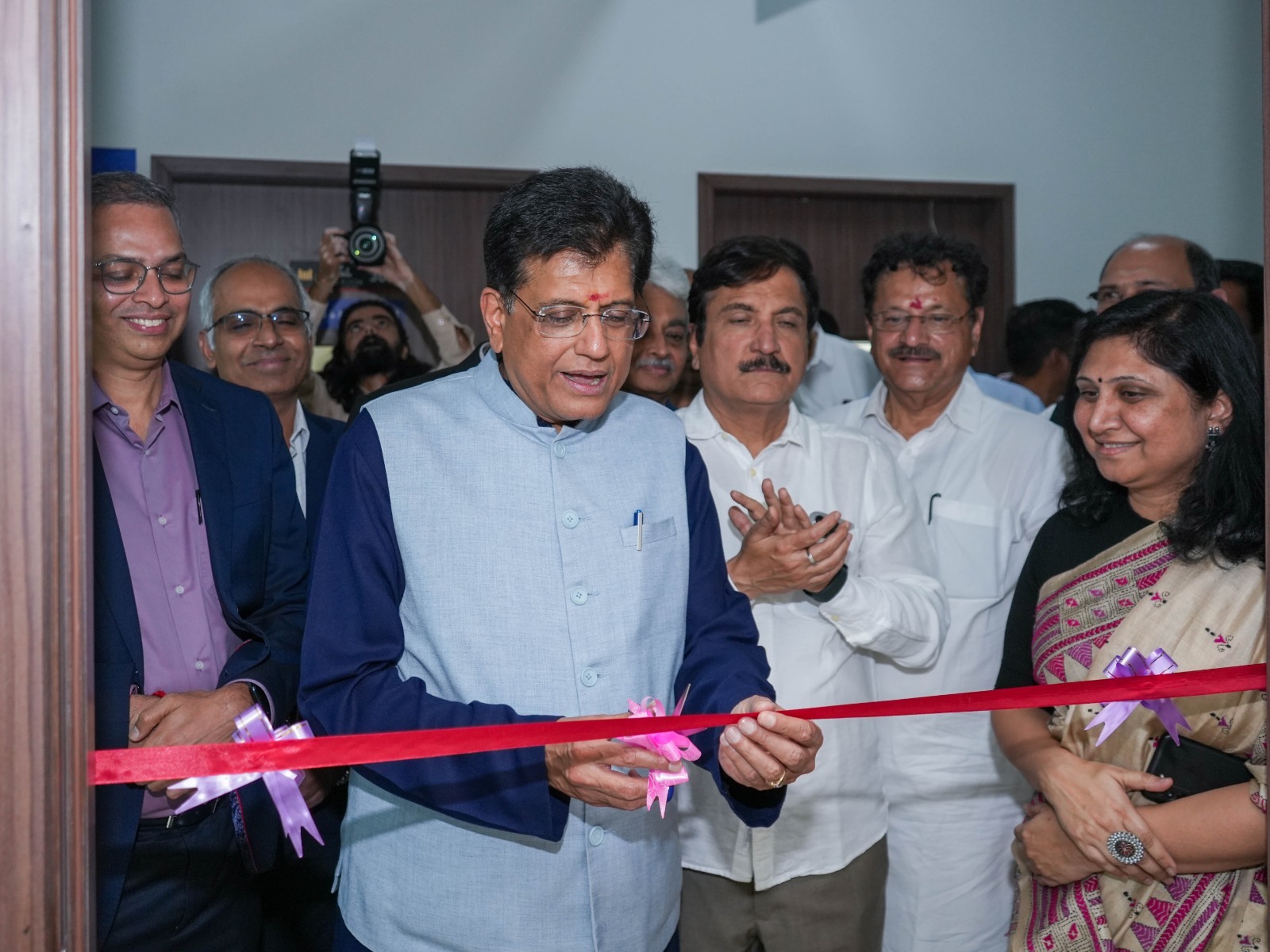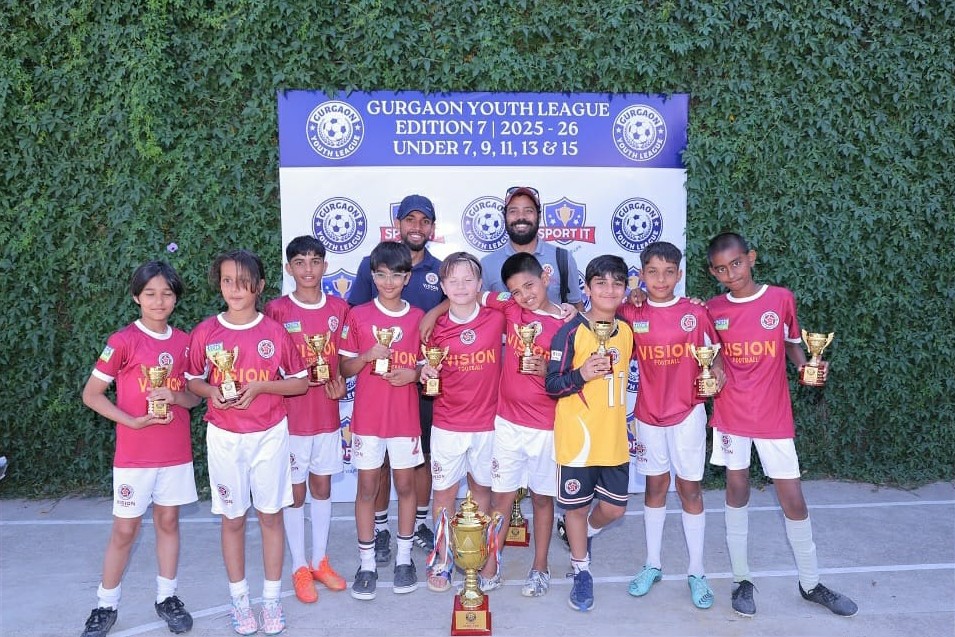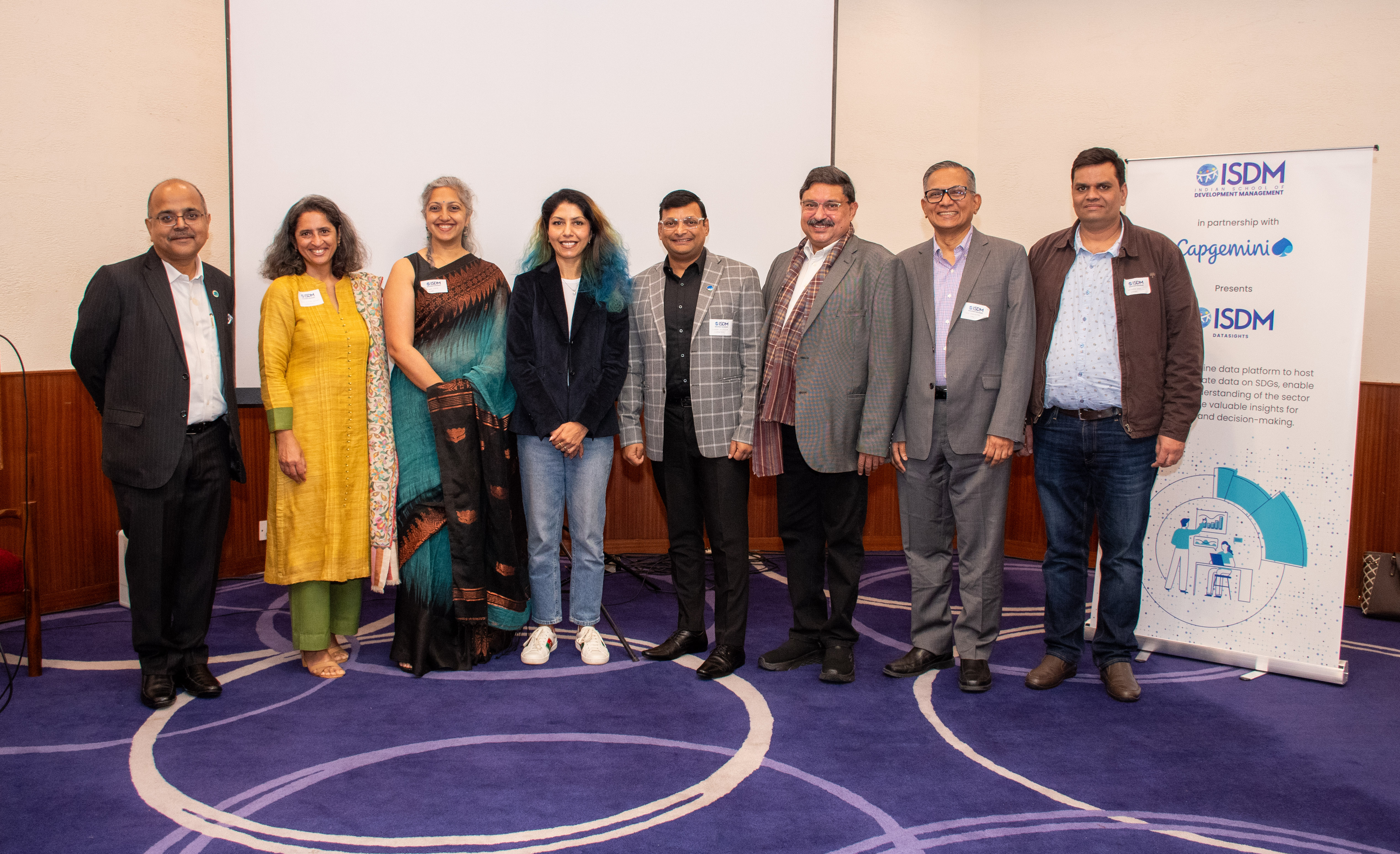Subscribe our Weekly Newsletter
EOI - Socio-economic Assessments of PVTG in Littipada Block of Pakur District, Jharkhand

Organization: Trickle Up
Apply By: 11 Jul 2024
About the Organization
Trickle Up is a nonprofit organization dedicated to empowering those in extreme poverty, particularly vulnerable and marginalized groups such as women, people with disabilities, indigenous communities, and refugees across the Americas, Africa, and India. Since 1979, we have worked tirelessly to help individuals build resilient livelihoods and break the cycle of poverty. Committed to eradicating extreme poverty by 2030, our vision is a world free from such hardships. We aim to reach 5 million people, supporting 1 million ultra-poor women to exit extreme poverty by 2030 through partnerships with local organizations, global institutions, and governments. In India, where we began our work in 1983, we have supported over 150,000 ultra-poor women in 22 districts across Jharkhand, Odisha, and West Bengal. Our approach focuses on generating evidence, learning, and influencing key stakeholders to adopt effective strategies, including integration with government programs like the National Rural Livelihood Mission. We collaborate closely with government partners at various levels to ensure that the poorest individuals benefit from available services and support. With a commitment to quality and scalability, Trickle Up continues to strive for impactful change in the lives of those in extreme poverty.
About the Proposal
Trickle Up is seeking Expression of Interest from reputable research agencies, academic institutions, and consulting firms to conduct a socio-economic assessment of Particularly Vulnerable Tribal Groups in Littpara block of Pakur district in Jharkhand. The purpose of this socio-economic study is to help define and measure the multi-dimensional characteristics of poverty and extreme poverty in the region, as well as identify potential social and economic barriers of PVTG participations and those that lead to extreme poverty. Key topics should include food security, social protection, economic and social inclusion, rights of PVTG communities, gender dynamics, health, education and agency. The socio-economic assessment will provide information on the existing socio-economic situation of PVTGs to inform and design economic inclusion program for reducing poverty focusing livelihood opportunities and interventions.
Objective of the Assignment:
The primary purpose of this socioeconomic assessment is to define and measure the multi-dimensional characteristics of poverty and extreme poverty among the PVTG communities in Littpara Block, Pakur District.
The specific objectives are:
- Classify the socio-economic status of the PVTGs within their own population
- To assess the current socio-economic status of PVTG within their own communities with local definition and criteria of poverty
- To identify potential social and economic barriers of the PVTG communities
- To understand the factors leading to extreme poverty
- To analyse key topics such as food security, social protection, financial and social inclusion, rights of PVTG communities, gender dynamics, health, education and agency
Scope of Work
- Identify the key characteristics of the extreme poor in Littpara and the surrounding community, including key differences among the PVTGs and with the other communities.
- Include a Vulnerability Mapping to understand the most vulnerable areas depending on the shelter types, sources of income/livelihood, employability, access to the market, social & financial inclusion, access to social protection programs, climate change, migration, exploitation, rights etc.
- Include a socio-economic stratification of the target population. This process should include the establishment of socio-economic typologies, "wealth groups" in each zone, to understand the main characteristics of the different typologies, such as ownership of land, livestock and other properties, level of education, health conditions, availability of work opportunities, social capital, migration etc.
- Identify barriers and areas of concern surrounding livelihood activities and wage employment for communities living in extreme poverty;
- Understand the current status of livelihood activities, assets, types of employment (formal/informal), sources of income, savings, education, household financial management of the community to identify entry points for addressing poverty of the extreme poor;
- Identify gender, group, and household dynamics that may affect poverty alleviation, livelihood activities and wage employment specific to our target community of extreme poor
- Identify potential risks related to climate, environment, conflict and protection;
- Identify potential target groups for livelihoods programming, along with potential barriers and risks.
Deliverables
The following deliverables are expected:
Inception report
- The inception report including design & methodology i.e. concepts/approaches/strategies, suggested data capturing tools, work plan and timeline for the successful completion of the assignment.
Draft report and presentation
- The report should at least include the following sections:
- Front page with the title of the research, date and authors of the report.
- A table of basic document information
- Executive summary that presents the key points of the different sections
- Background, objectives and intended use of the research
- Methodology and limitations
- Details of Findings
- Conclusions and recommendations
- Relevant annexes, to be included in the report such as:
- List of people interviewed or consulted
- Bibliography of the documents reviewed
- This report must include recommendations as stated above in point (5)
- A detailed power point presentation along with the full draft Report is required to be shared and presented to Trickle Up before finalization.
Final report
- The final report needs to integrate, apart from the points mentioned above, findings, recommendations, and comments from all the relevant stakeholders along with the tools utilized.
- The report will be considered final only after incorporating feedback provided by Trickle Up.
Along with the Report & PPTs, the Agency/ institution will submit Trickle Up India Foundation, the following things:
- Electronic copies of all data sets.
- All quantitative and qualitative data (completed questionnaires, recorded interviews, focus groups, etc).
- Any other documents that will be used or collected during the consultancy.
Eligibility
- The applicant agencies/ institutions should have proven experience of conducting similar assignment in Government of India/ State Governments/ International donor project/ World Bank Projects/ other.
- Familiar with research and knowledge of ultra-poor, women empowerment, entrepreneurship development and capacity building.
- Significant experience in conducting research, use of participatory techniques, and monitoring and evaluation.
- The lead researcher should have at least 10 years of experience in market assessments, local economic development, value chain analysis & development, strategic planning, etc.
- The agency/ institution should have familiarity with socio economic scenario of Kolkata.
How to Apply
Please submit your EoI letter & Proposal through e mail to kroy@trickleupindia.org not later than 10 days from publication of this Request for EoI. Only shortlisted agencies will be contacted for presentation.
Last Date of submission: 11th July 2024
For more information please check the Link
Stay in the loop with the newest RFPs and Grants through NGOBOX's WhatsApp Channel. Join now by clicking here!
Latest Online Store
Latest Grants
Latest News
© Renalysis Consultants Pvt Ltd


























